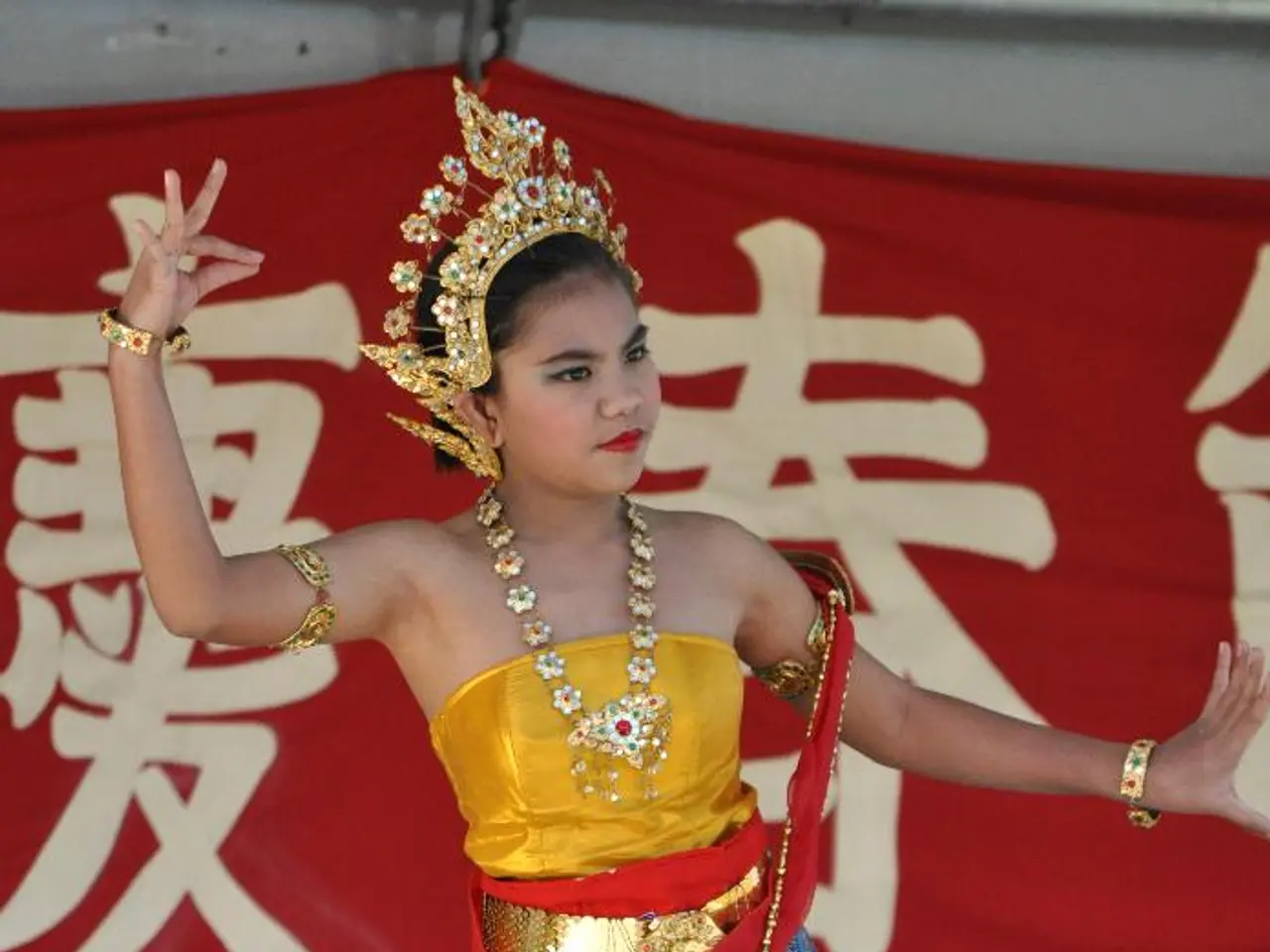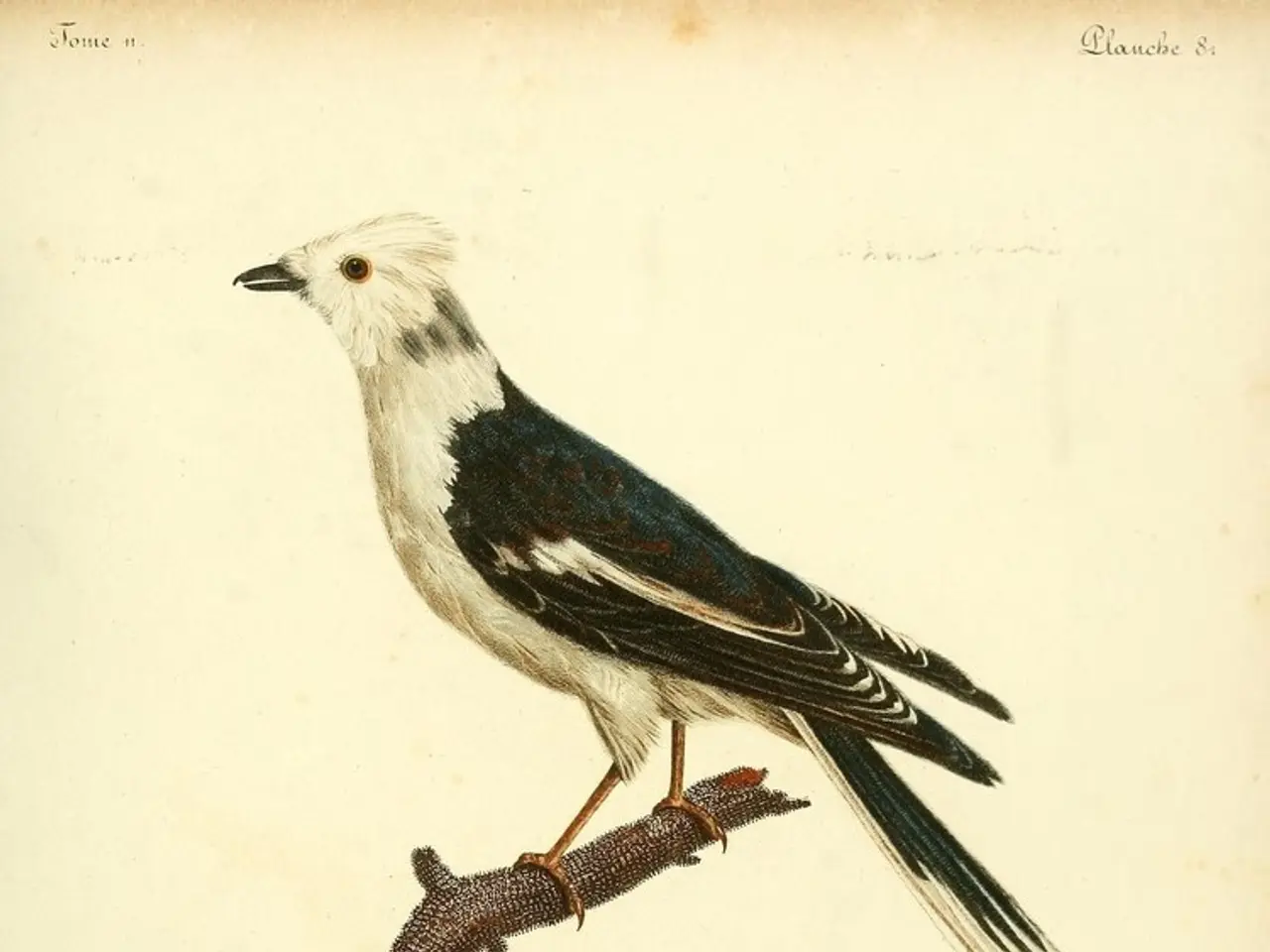Fashion giant Prada in potential conflict as Kolhapuri sandals, priced at ₹1.2 lakh, raise ethical concerns on their high-end catwalk.
In a significant move, a Public Interest Litigation (PIL) has been filed in the Bombay High Court against luxury Italian label Prada, accusing the brand of cultural appropriation, misrepresentation, and unauthorized commercial exploitation of the traditional Kolhapuri chappal, a centuries-old handcrafted footwear with Geographical Indication (GI) status in India since 2019.
The litigation, filed by intellectual property rights (IPR) lawyer Ganesh Hingmire, demands a public apology, monetary compensation for the artisan community, and court-supervised collaboration between Prada and the Kolhapuri artisan groups for co-branding, capacity building, and revenue sharing.
The controversy revolves around a pair of toe-ring leather sandals showcased by Prada, which critics say is a near-replica of the traditional Kolhapuri chappal. The PIL urges the judiciary to establish a precedent to deter international brands from unauthorized commercial use of GI-tagged indigenous products, bringing to fore broader issues of ethical fashion, intellectual property rights, and respect for traditional crafts in a globalized market.
Prada, in response, acknowledged Indian inspiration only after social media backlash, but the acknowledgment was seen as delayed and insufficient, lacking direct communication with artisans or the GI Registry. Legal experts are divided on whether Prada’s actions constitute direct GI infringement. Some argue that the case might explore "passing off" or cultural appropriation claims.
The PIL against Prada opens up discussions about intellectual property, ethical fashion, and respect for traditional crafts in a globalized luxury market. This case also highlights a pattern in the international fashion industry, where several brands have drawn criticism for using traditional Indian designs without proper credit or compensation, raising the issue of cultural appropriation.
The outcome of this legal battle could set a significant precedent in the fashion industry, potentially paving the way for stronger protections and compensation rights for Indian artisans under intellectual property and GI laws. It emphasizes the need for acknowledgement, compensation, and ethical collaboration in the use of traditional cultural products in the global market.
As the court deliberates on the case, it remains to be seen whether the PIL will succeed in its mission to protect the rights of Kolhapuri artisans and establish a new standard for the global fashion industry's engagement with traditional cultural products.
- The litigation against Prada, concerning fashion and lifestyle, aims to establish a court-supervised collaboration that promotes co-branding, capacity building, and revenue sharing, addressing ethical issues within the fashion-and-beauty sector.
- As the PIL against Prada unfolds, it sheds light on broader topics such as intellectual property rights and politics, which question the ethics of cultural appropriation in the globalized market and its impact on the general-news landscape.
- The ongoing legal battle between Prada and Kolhapuri artisans could set a significant precedent in the crime-and-justice arena, potentially redefining the obligations of international brands in terms of acknowledging, compensating, and ethically collaborating with source communities when using traditional cultural products in their fashion lines.








